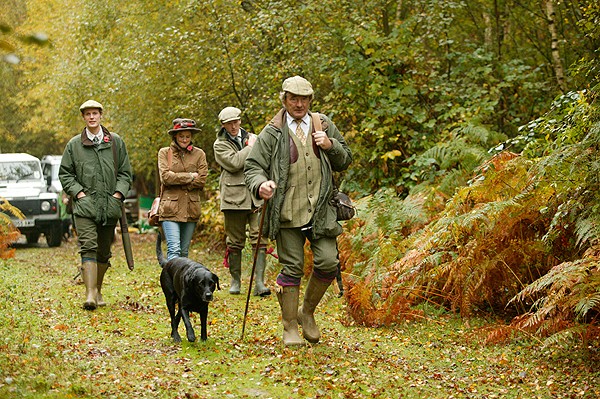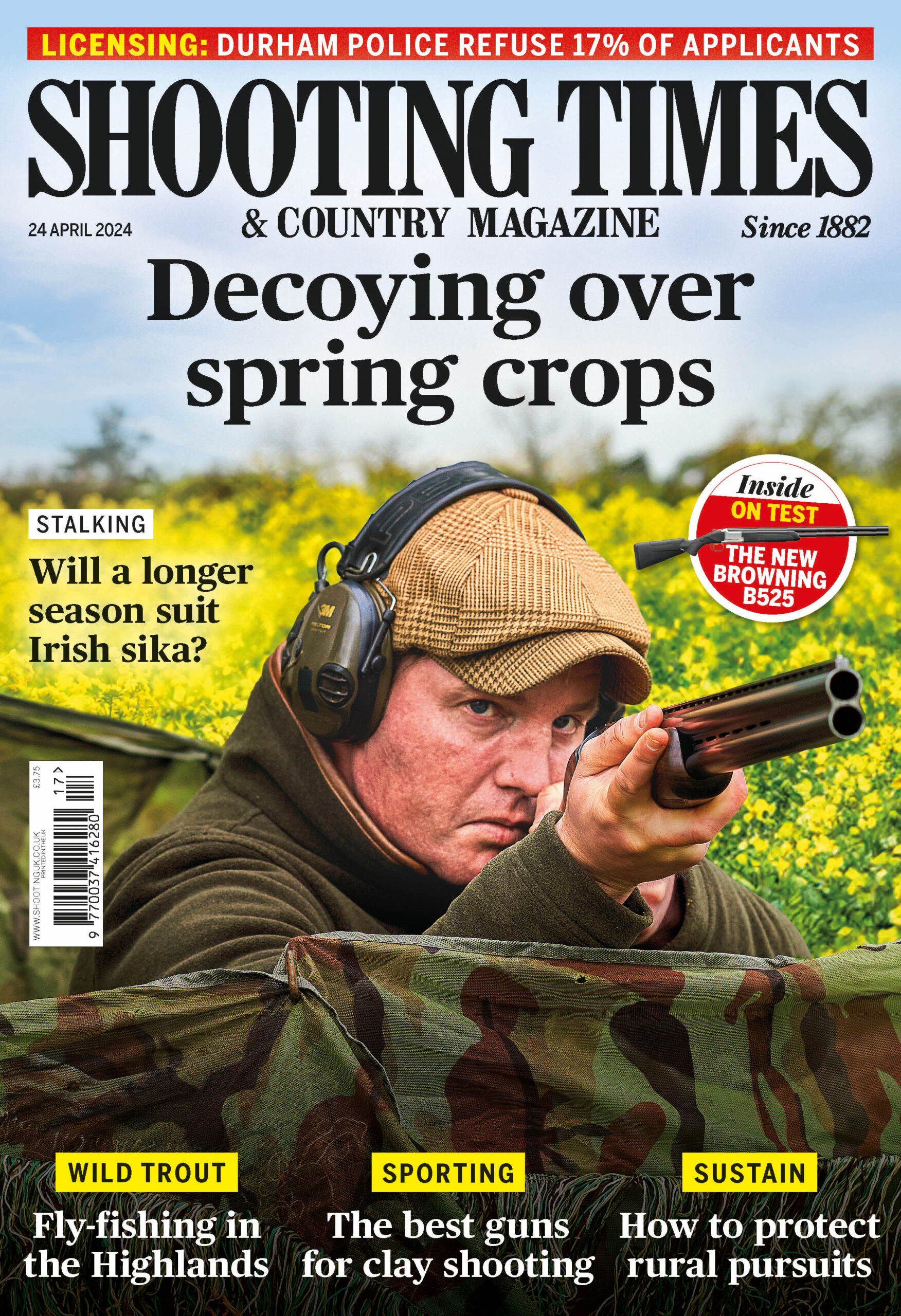Next steps for the licensing system

After the terrible events in Cumbria on 2 June, the chief constable of Cumbria Constabulary commissioned a peer review of his force?s decision-making and actions in respect of Derrick Bird?s firearm and shotgun certificates. Five months later, that review has been published and in the main, it?s good news. Before I deal with the contents of the review, I think some information about its author, Assistant Chief Constable Adrian Whiting, of Dorset Police, is in order. I have worked with Mr Whiting for five years and I hold him in great esteem. As a certificate holder, he has a great deal of personal knowledge about firearms. He collects antique and vintage firearms and is a member of the ?Die-Hards?, a leading re-enactment/living history group. This experience makes him a rare beast among senior police officers and lends great weight to his report. The important aspect of the report is the clean bill of health given to Cumbria Constabulary?s firearms licensing team: I have concluded that the arrangements for firearm, shotgun and explosive certification in Cumbria are robust and that the people involved have the appropriate knowledge, skills and experience. In particular, I consider that they are professional and committed to their work, and fully recognise the critical public safety issues at stake.
It does not take the brains of an archbishop to work out that the consequences of any failures by Cumbria Constabulary would have been disastrous for the shooting community. It would have caused other licensing departments to go into meltdown, while giving gun control proponents shedloads of political ammunition.
Equally welcome is the statement that There were no reasonable opportunities for the licensing system to have been the instrument of intervention, thus preventing the appalling offences subsequently committed. We base much of shooting?s defence on having tough firearms laws backed by a stringent licensing system, rigorously applied. Any failure in the fabric of the licensing system would be extremely dangerous and would put the whole concept of licensed firearms at risk. It would threaten the Government?s sensible position of no knee-jerk action by raising the political temperature.
BASC has already rejected the proposal to ?tag? certificate holders? medical records. It says that this is disproportionate and its discussions with the Office of the Information Commissioner suggest that it may be illegal under the 1998 Data Protection Act. Medical records may not be kept for purposes other than the benefit of patients. The security of medical information is a big issue ? the fewer people who know where guns are stored, the better. The proposal for the greater involvement of doctors adds nothing. Doctors are understandably twitchy about it and the only predictable effect will be that it will discourage people who need medical help from seeking it because they fear they will lose their certificates.
The proposal to involve an applicant?s family in the enquiry process is equally disproportionate and is likely to encourage disaffected spouses/partners to make malicious allegations. My team at BASC sees many cases where relationships have broken up, leaving shooters at the mercy of a malevolent ex-wife or girlfriend with an axe to grind. A good firearms enquiry officer should pick up any domestic problems by close liaison with the force?s domestic violence unit and check local intelligence. Anything else is an unwarranted invasion of privacy, which simply adds another layer of bureaucracy to the process.
For a long time, the Association of Chief Police Officers (ACPO) has sought a single certificate to cover all firearms. Administratively, it is a sound idea ? it is quicker and cheaper to print one piece of paper. The applicant has only one form to complete and needs fewer referees. The difficulty comes with the two different licensing regimes for shotguns and Section 1 firearms, such as rifles. A single certificate would be acceptable only if it reflects the status quo. Some groups within the police want to see the stricter rifle licensing regime applied to shotguns, but Mr Whiting concedes that there is scant evidence to justify this. BASC?s view is that the shotgun regime is the only efficient part of the licensing regime because it licences a suitable person to possess a class of firearms rather than licensing individual guns. The police role in firearms licensing should be limited to being ?gatekeepers? whose job is to prevent unsuitable people from having certificates.
Mr Whiting advocates bringing back the Firearms Consultative Committee. I?m with him on that ? we need an independent, expert group to advise Parliament on firearms matters. He is also keen to see a mechanism in place to allow a certificate to be suspended rather than revoked, which is an irreversible decision. We?ve been discussing this idea for a while and, though it has merits, it must have proper safeguards for the certificate holder before we can agree. We must be grateful to Mr Whiting for using his review as a vehicle to reiterate his support for a Regulatory Reform Order (RRO), which would improve aspects of firearms licensing for universal benefit. The RRO proposes the removal of the restrictions on expanding ammunition. BASC will be urging the Government to implement the RRO as soon as possible.
I?ve seen some doom-and-gloom posts on Internet forums that assume the review?s proposals will automatically become law. That?s not the case; it is simply a wish list. It will be considered by the Home Affairs Committee (HAC), along with all of the other evidence before the committee makes its report, probably early in the New Year. By the same token, any recommendations in the HAC?s report are not guaranteed to become law.
The HAC inquiry is drawing to a close; the next phase is the Parliamentary debate. That will be the critical battleground for the shooting community.








